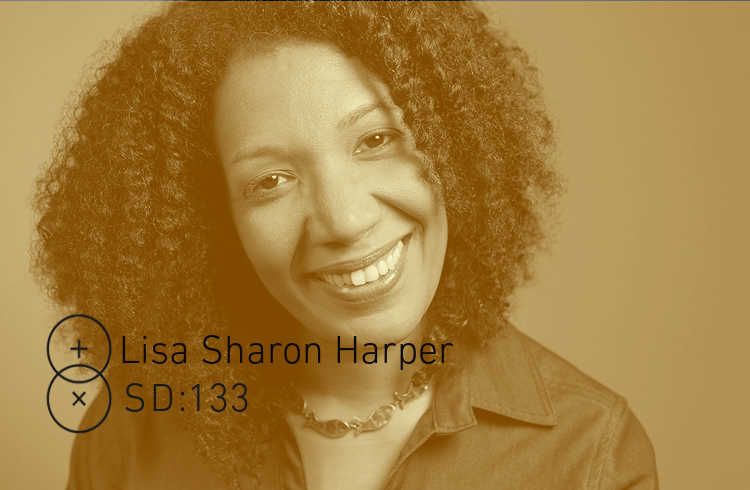I originally wrote this post with Ferguson, Missouri in mind, but sadly it addresses something happening all of the country, so I’ve made some small edits to address not just Ferguson, but Baltimore, New York, Charleston (sadly the list keeps growing) and all of the other places around the country that are experiencing similar injustices. I posted it after hundreds if not thousands of blog posts had been written.
Part of the reason why I waited so long to speak up about Ferguson was because I was wrestling and wondering if the world needed another white voice contributing to the conversation. I’ve decided to proceed with writing about it because this piece is intended to speak to other white people, and not signal to people of color that I’m ‘one of the good ones’, also, there have been people in my life that have told me things that were hard for me to believe, and if it had been anyone else talking, I wouldn’t have received it, but because I loved and trusted that specific person, I was able to receive and believe what they were saying. If I can be that person to anyone and say that white privilege is real, there is a big problem, and we need to do things differently, then this will have been worth it. Furthermore, I’ve become convinced that silence is not an option.
I don’t have all the answers and I’m not perfect. Christians many times have no problems admitting in general that we are sinful people, that we can be self-serving and unloving, but when it comes to the specific sin of racism we often claim we are immune. So if I can be uncomfortably honest and transparent, I’ll say that although I don’t know of any forms of racism in my heart, ugliness is not beyond me, so it is plausible that there may be racist ideas, and thoughts in the hidden recesses of my soul, and if there are, I pray that when they are revealed to me, God will eradicate them, and heal and cleanse me from that unrighteousness. Yes, God has made me a new creature, but often I forget to put on that ‘new self’.
So let’s talk about 6 things we have to realize…
1.) Hard facts and statistics show white privilege is real.
The example most widely known is the rate of arrests of black Americans for marijuana as compared to those of white Americans. The rate of use between the two races is similar while the rate of arrest is staggeringly uneven. How do you account for this? The only plausible reason is that whites are treated far more favorably than blacks. That’s white privilege.
But you don’t smoke pot, so you’re not privileged, right? Not so fast. Marijuana arrests are just most well-known and often cited example. Have you sent in a resume to a company you want to work for and received a call back? In all likelihood white privilege had a role in that call back. Easily acquired housing? White privilege. Been given the benefit of the doubt by authorities? White privilege. It’s real and it’s pervasive.
Many of us mistakenly believe that white privilege = racism, so when we hear someone talking about white privilege we think they’re saying – all white people are racist. That’s not the case. We benefit from white privilege whether we want to or not. That’s not to say we shouldn’t fight against the system that perpetuates white privilege, we should. One thing is for sure, not acknowledging it does not make it go away, and doesn’t make it better.
2.) There are good reasons why a black officer killing a white man doesn’t elicit the same response Ferguson, Baltimore and other cities are getting.
My Facebook wall tells me that an unarmed white man named Dillon Taylor was shot by a black police officer in Utah. This case and its lack of media attention has been lifted up by many as proof that it is whites not blacks who receive unfair treatment.
So let’s think this through. Why hasn’t this received the media attention that Ferguson has? Because there is not a systematic problem of the criminal justice system treating white people unjustly. There is also not, a tidal wave of support for the black officer who killed Taylor, nor to my knowledge, a GoFundMe.com site for him as there is for Darren Wilson. In all likely hood the black officer will face justice, while the Darren Wilson will receive at least $234,910.00, from his Gofundme site, a goal that was reached in 8 days. If Wilson does face justice, it will be because of the media attention, and protests. In America if you kill a person of a different race, you go to jail if you’re black, and you get rich if you’re white. The system is broken and needs outside accountability to act justly.
3.) ‘Waiting for the facts’ before passing judgement, doesn’t always hold water.
If an officer is killed in the line of duty we want blood, if an unarmed black man is killed by an officer, then we want everyone to “wait for the facts”. The problem is, unless the fact that – an unarmed black man was killed, changes, there are no other facts that could possibly justify what happened. Societies rules state (and almost no one would disagree) that a police officer should be able to defend him/herself, which would include returning lethal force with lethal force. When an officer faces less than lethal force, there’s no reason to return with lethal force. Police are armed with pepper spray and stun guns for this reason.
4.) Putting on a police uniform doesn’t give a person license to do whatever they want.
You hear often about our brave men and women in blue. I think that’s true for most police officers, it is for the ones I know personally. However, you don’t get don’t get to be brave and shoot anything that moves. We exalt the police for putting their bodies on the line, and we should, but then we can’t also praise and defend one when he decides to shoot instead of putting his body on the line, and risk a beating.
5.) Death is not an appropriate punishment for being less than an upstanding citizen.
A big deal has been made that Michael Brown was a suspect in a robbery that took place before he was shot. Who among us believes that execution is a proper punishment for robbery? This is silly and to use it as some sort of justification for what happened seems to me to be motivated by racism.
6.) We need to perform a heart-check before we speak, even if what we’re saying is true & just.
Even when we’re saying something good, it doesn’t always need to be said by us, and at all times. Before we speak out against racism I think we need to take a long, hard look at our hearts and ask ourselves – Am I speaking out against racism because it’s the right thing to do right now, or am I speaking out because I want people to hear me speaking out. To be clear, silence is not an option, but neither is self-righteous finger-waging.
But if you show partiality, you commit sin and are convicted by the law as transgressors. James 2:9
 Hosted by Kerri Fisher & Shane Blackshear
Hosted by Kerri Fisher & Shane Blackshear
by Drew Hart







